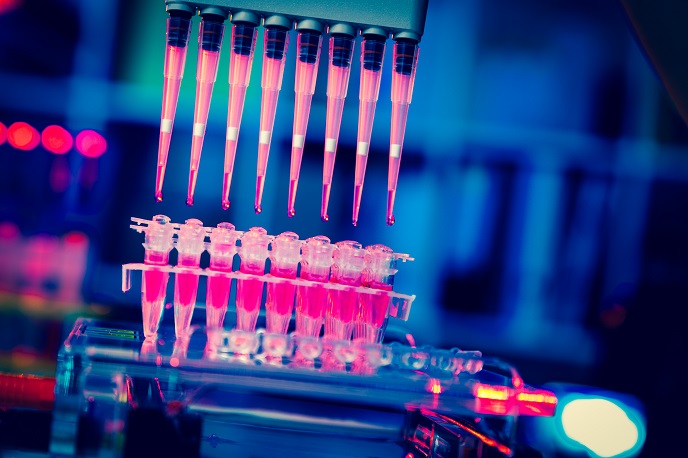Why stem cells could hold key to tackling breast cancer
The cells in our body are constantly being replaced. This requires new cells to be continually produced, just to maintain equilibrium. “It’s a bit like having a car – once a component wears out, it needs to be replaced,” explains BRECASTEM (Functional and Molecular Characterisation of Breast Cancer Stem Cells) project coordinator Dr Axel Behrens from the Francis Crick Institute in the UK. These new cells are produced by stem cells. Unlike the ‘working’ cells in our skin or hair that are constantly being shed and replaced, stem cells can live for years. It is this property that makes them more likely to give rise to a tumour, as cancerous ‘working cells’ generally don’t stick around long enough to spread.
Understanding cell behaviour
The BRECASTEM project focused on Lgr6-positive cells, a very specific stem cell population located in the breast. One of the functions of this particular stem cell is to mediate breast expansion after pregnancy. Scientists at the Francis Crick Institute recently confirmed that a tumour-inducing genetic change occurring in these cells can lead to a particular form of breast cancer. “Chemotherapy will help to shrink the tumour, but there is also a risk that after therapy the tumour will grow back again,” says Dr Behrens. From this basic understanding, the project team worked to characterise the molecular differences between cancer stem cells and non-stem cells. The project confirmed a conceptual similarity between how a normal organ is built and how a tumour is built. In both, stem cells and ‘working’ cells play a role. “This is one of the first times that scientists have demonstrated that there is indeed a small sub-population of cells within the tumour that can be linked to post-chemo relapse. It is these cancer stem cells that initiate the relapse,” Dr Behrens adds.
Optimistic findings
Dr Behrens acknowledges that there is ongoing scientific debate on this issue but is confident that the findings of the BRECASTEM project represent an important step forward. “The first step towards finding a cure is understanding how relapses are caused. Now we have a better picture of how this happens, we can work on ways of getting rid of these malignant stem cells and making a relapse far less likely,” Dr Behrens says. In getting to that place, Dr Behrens believes that collaborations such as the BRECASTEM project will be critical: “It is becoming increasingly hard to work alone because of the way that scientific research has developed. You need to cover a lot of ground, from the basic biology to understanding the clinical significance. I think that over the last decade or so, research has become far more holistic, as people understand the need to see the whole picture. This is the right approach because you can only deliver results with people who offer complementary expertise.” Dr Behrens adds that there is a growing realisation that every tumour is different. Tumours can be classified into groups, but this does not necessarily mean that they can be treated the same. “My personal view is that while it might be very difficult to actually cure cancer, we can increase the percentage of people who respond positively to treatments,” Dr Behrens says. It is expected that the findings of the BRECASTEM project will feed into further research towards the development of stem cell therapies for specific cancers. “Given the usual timeline of clinical development, this is something that will take years. But I do predict that there will eventually be drugs that are aimed at eradicating cancer stem cells,” concludes Dr Behrens. This research was undertaken with the support of the Marie Skłodowska-Curie programme.
Keywords
BRECASTEM, cancer, breast, biology, tumour, clinical, drugs, stem cells, genetic







